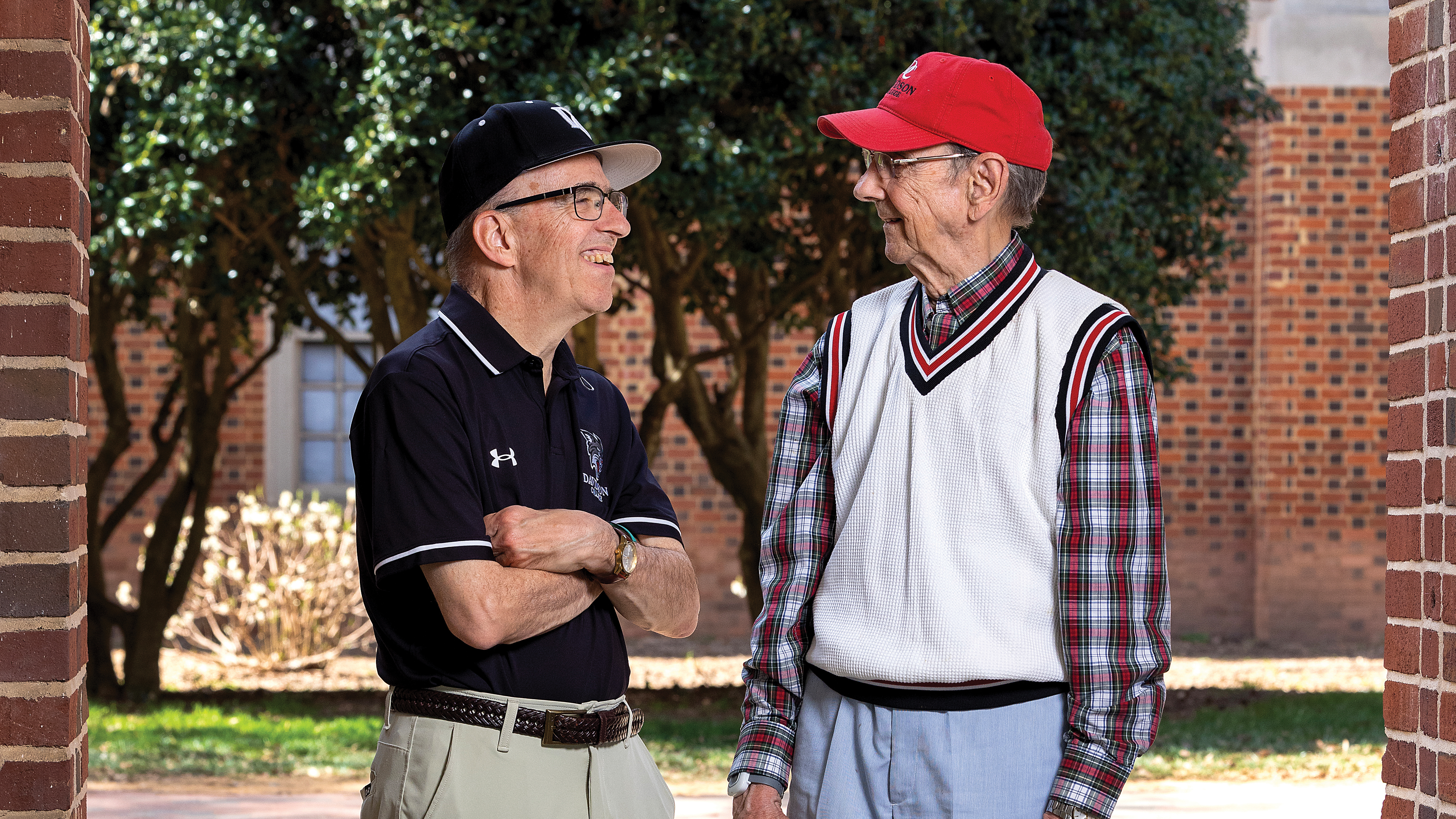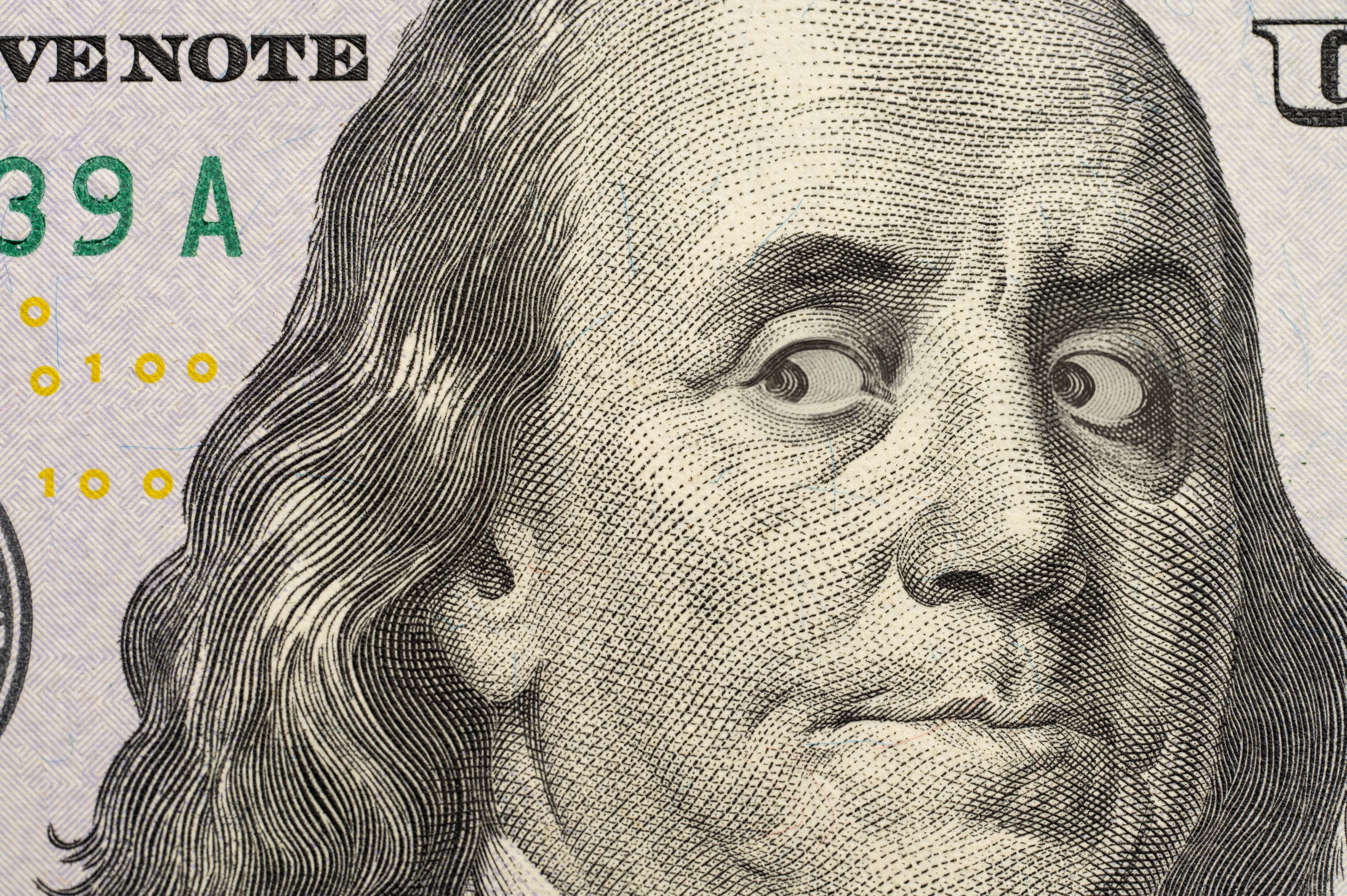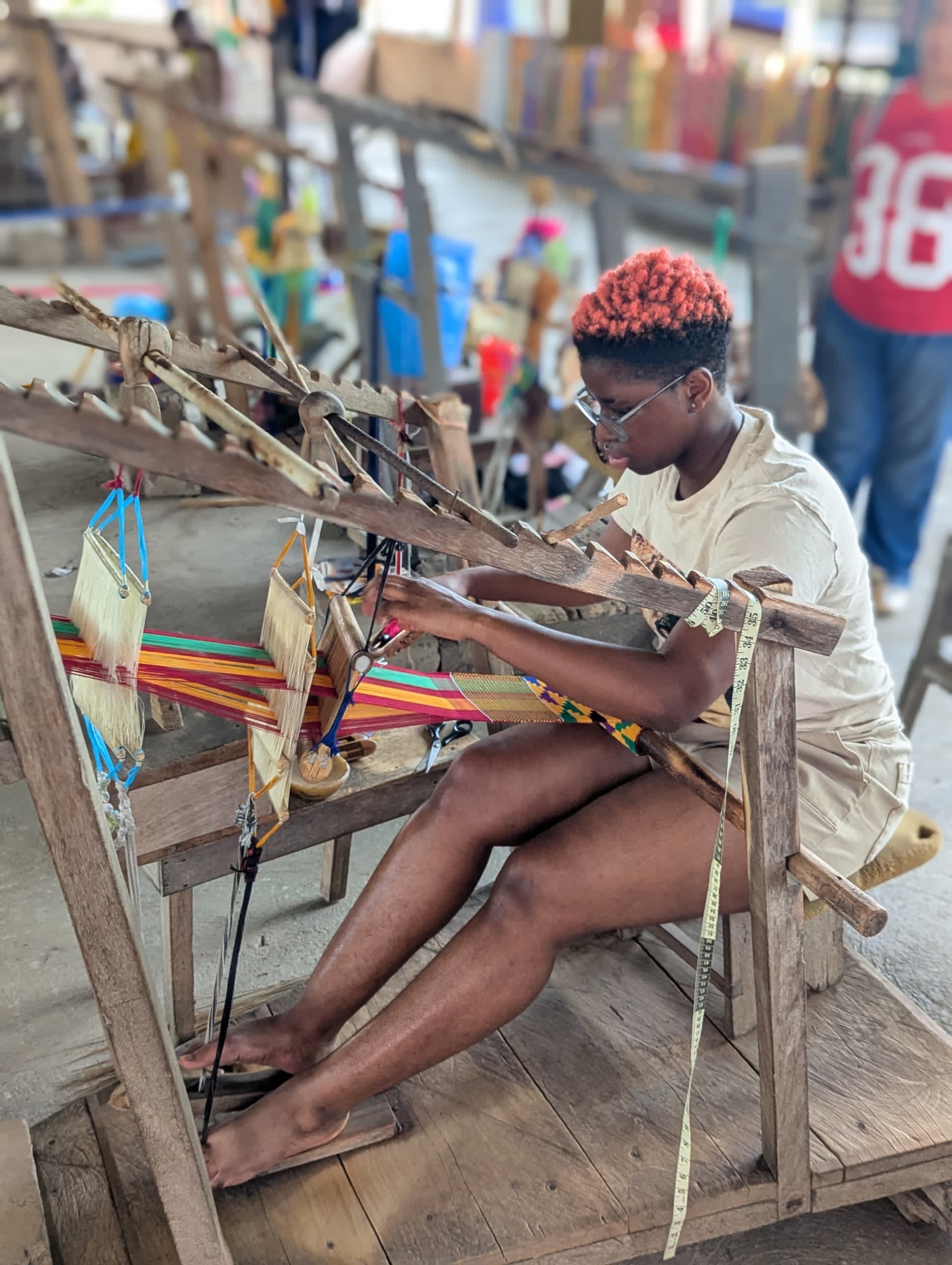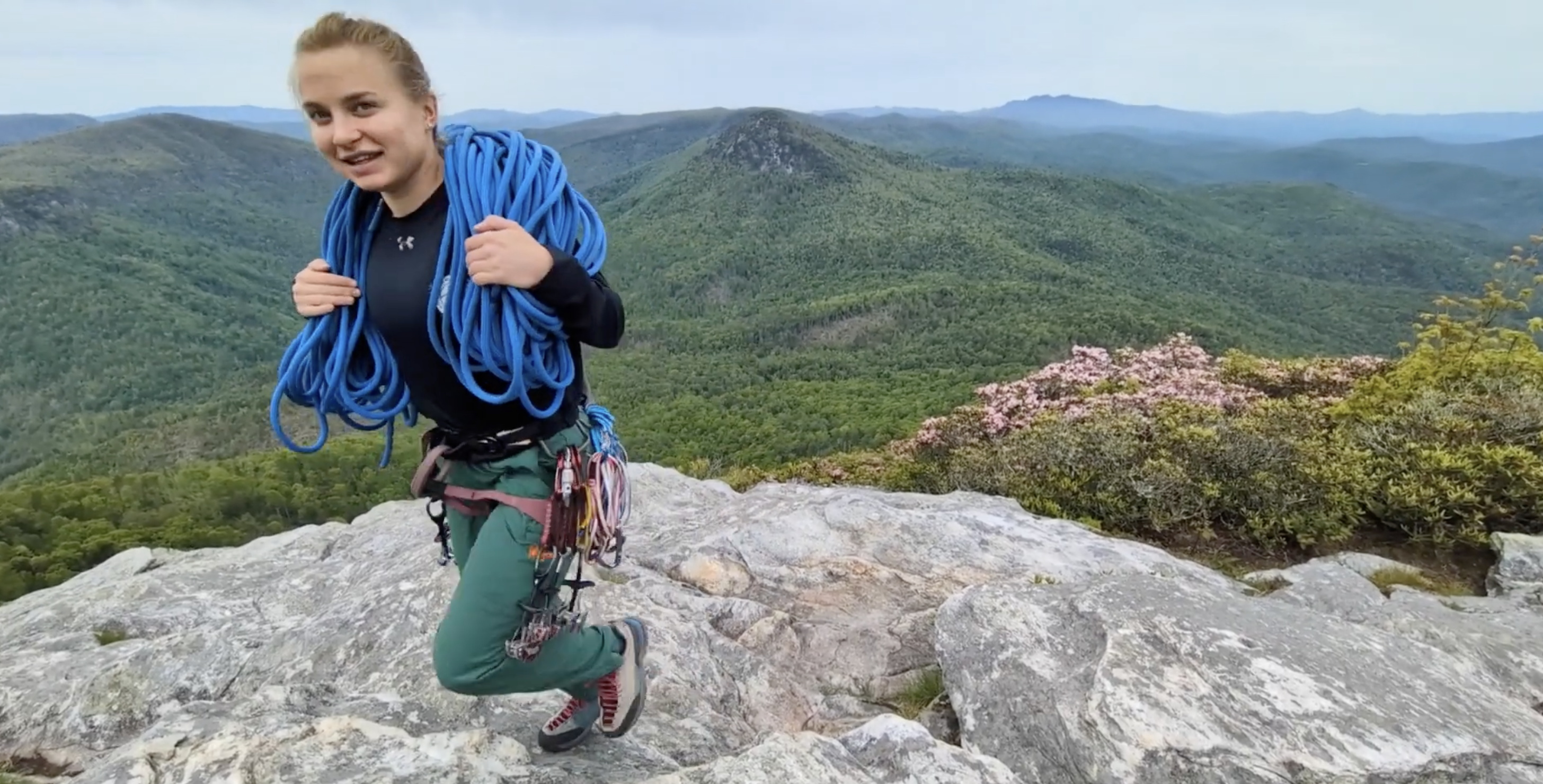Philip Lewis ’64: Advocate for Public Humanities and the Liberal Arts
A self-described timid little boy from the hillbilly country of east Tennessee, Phil Lewis '64 found his ideal college home at Davidson. He recalls a freshman honors humanities course that was way over his head, but he survived and came to appreciate the rigor and sophistication of the Davidson curriculum–characteristics of the college that he has been pleased to see fortified over the years.
Lewis credits professors like George Abernethy (philosophy), Richard Cole (English) and Joe Embry (French) with influencing his life decisively during and after his time at Davidson. Because of his experience as a liberal arts student and the professors who pushed him to think differently and ask questions, Lewis formed a strong commitment to linking the humanities to public life.
"Critical thinking is key. It's not just about book learning. I was very well prepared as I entered Yale for graduate school. I definitely felt ‘readier to speak out' than the other students," Lewis asserted.
Lewis, professor emeritus of Romance studies, joined the Cornell University faculty in 1968 and served in numerous leadership positions, including as dean of the College of Arts and Sciences from 1996 to 2003, before his appointment in 2007 as a vice president of the Andrew W. Mellon Foundation. His responsibilities there included international programs, grants to liberal arts colleges and research universities, and programs in scholarly communications and information technology.
"Mellon took me in when I was at the top of my game," he said. "Through my time there, I learned about higher education in a different way. And I learned that it's a lot easier to give money away than it is to ask for it. I became more sympathetic to those doing the asking."
When Lewis' appointment was formally announced, foundation president and former Cornell Provost Don M. Randel described Lewis as "... a deeply committed teacher of undergraduates as well as a distinguished scholar in the humanities and a continuing participant in public discussions of the academy generally. In short, he represents personally and powerfully the values and pursuits that are central to the mission of the foundation, and he will be especially good at helping us think about how we might knit together the various strands of our support of higher education generally."
Lewis spent eight years in this role, advocating for liberal education on a national scale and negotiating hundreds of grants. Upon Lewis' retirement from Mellon last year, the foundation made a generous gift to Davidson in his honor. At this same time, the college named a classroom in Chambers Building to recognize his many contributions to higher education.
"My hope is that Davidson will continue to give top priority in allocating resources to supporting a diverse student body," said Lewis. "Its practices set an important example in the struggle for equal opportunity and social responsibility."
He also qualified the progress of Davidson since the 1960s as remarkable.
"Few institutions of higher education can match the number of worthwhile and demanding changes it has carried out successfully," he said. "President Quillen is a lucid and thoughtful leader, capable of leading a fine faculty and sterling student body into a future that will require still more change."



